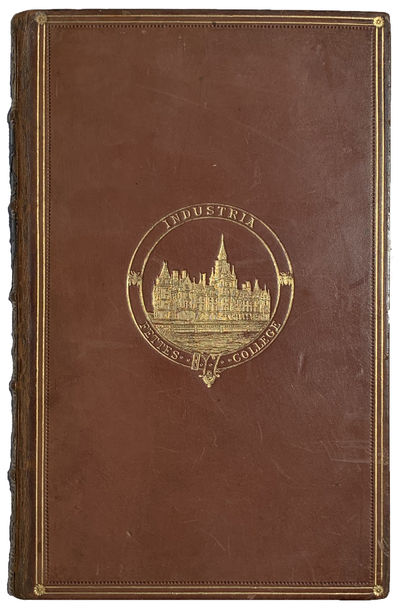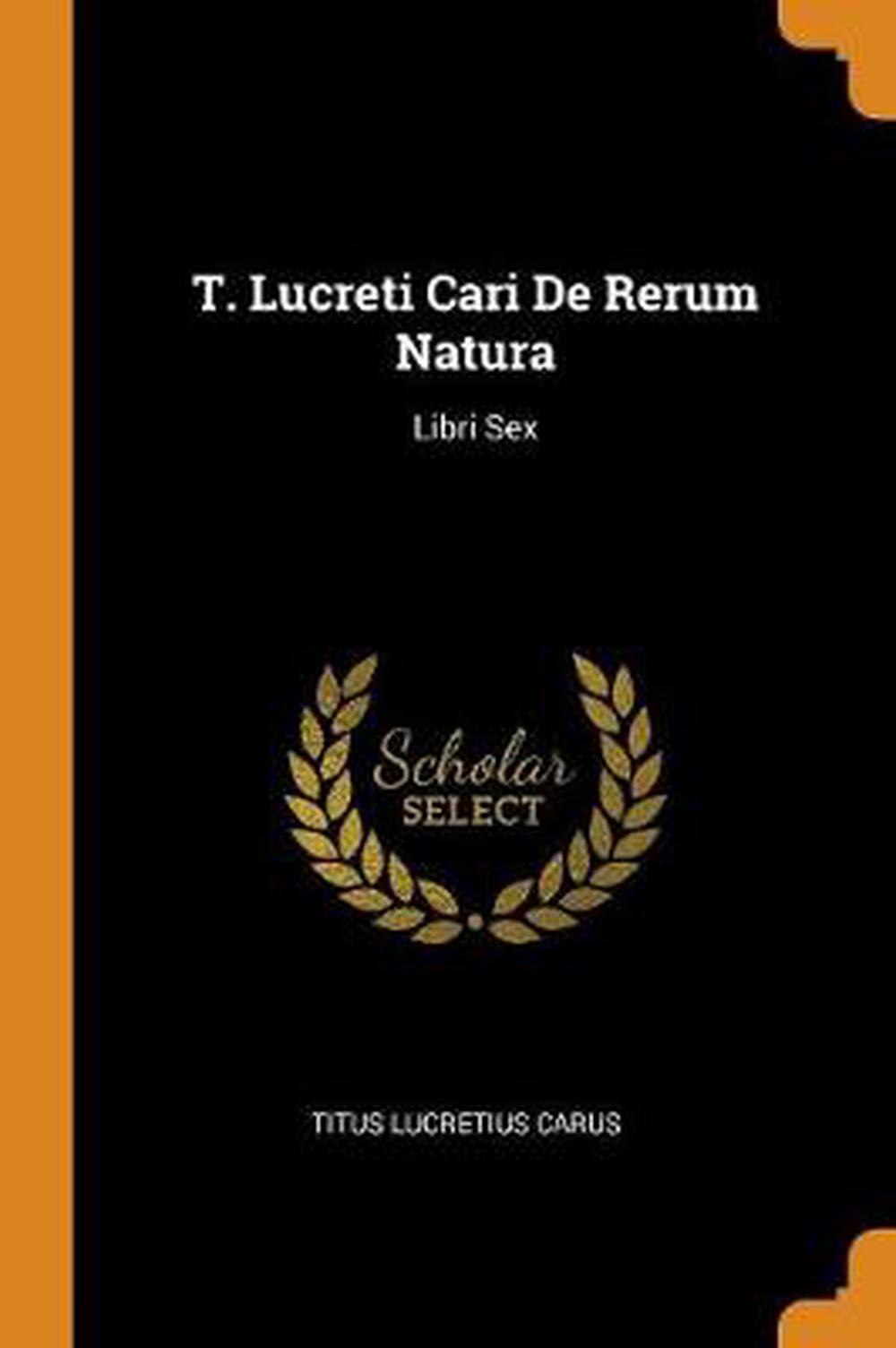

Time has no independent existence rather from events themselves is derived a sense of what has occurred in time past, of what is happening at the present, and of what is to follow in the future." All predictable things are either properties or accidents of matter and void. "The universe, in its essential nature is composed of two things, namely matter and the void. Lighter objects contain more void within. Wearing down of objects is accompanied by a loss of substance which is invisible. the particles of the wind, of odors, cold, sound. Matter exists in the form of invisible particles, e.g. No visible object ever suffers total destruction, since nature renews one thing from another, and does not sanction the birth of anything, unless she receives the compensation of another's death." All things are composed of imperishable seeds. Things are created from a definite, appointed substance. In every case, growth is a gradual process. Any given thing possesses a distinct creative capacity. "Nothing ever springs miraculously from nothing. Opens with an prayer to Venus, lamenting the barbarous business of warfare, and an appeal to Memmius.Įpicurus was the first to raise men above the curse of superstition and the wicked deeds it leads to, such as the sacrifice of Iphianassa (Iphigenia) at Aulis by Agammenon, and the fear that people have from priests that they will be endlessly tormented after death. Most pleasure is to be obtained by living a simple life.

Pleasure means freedom from pain in the body and trouble in the mind. Pleasure that leads to pain shoul be avoided and pain that leads to pleasure should not be avoided. Its key teachings included: Study science in order to rid yourself of unneccesary fears, especially of the gods and death. Epicureanism was a missionary philospohy, aiming to give man happiness by making him self-sufficient. Lucretius regarded him as the spiritual savior of mankind. Most of his writings have perished, particularly On Nature. Epicurus was born in Samos 341 BC, after Athens had been defeated by Philip II of Macedon. He faithfully reproduces the doctrines or Epicurus. 59 BC, possibly incomplete and lacking final revision. Notes mostly extracted from the text: Lucretius' only extant work, written in dactylic hexameter, addressed to Gaius Memmius (who became praetor in 58 BC and failed to be converted), written c. Promoting understanding of classical Epicureanism. Overall Impression: This is an interesting work to read, useful for

Summary by Michael McGoodwin, prepared 1997Īcknowledgement: Prepared from the Sphere Library book, translated Martin Ferguson Smith 1969. Titus Lucretius Carus: On the Nature of Things


 0 kommentar(er)
0 kommentar(er)
